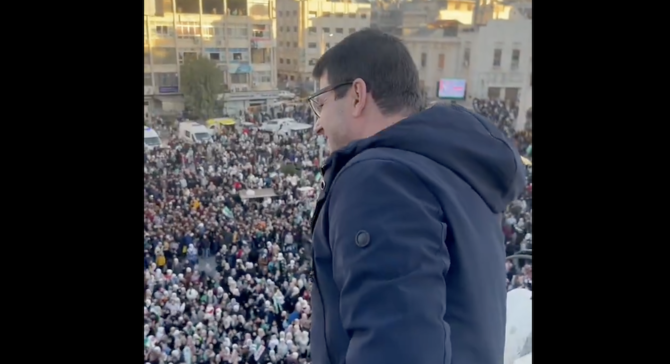LONDON: More than 60 organizations are demanding Israeli authorities allow free and unrestricted media access to Gaza, in the latest in a series of appeals.
In an open letter issued on Thursday and backed by bodies in 26 countries, major news outlets including Associated Press, Agence France-Presse, the BBC, CNN, The Guardian, and The New York Times criticized Israel for imposing a near-total ban on international media.
“More than 100 journalists have been killed since the start of the war and those who remain are working in conditions of extreme deprivation,” the organizations said in the letter.
“The result is that information from Gaza is becoming harder and harder to obtain and that the reporting which does get through is subject to repeated questions over its veracity.”
The letter emphasized the “unreasonable and untenable burden” placed on local journalists to document events, and stressed Israel’s obligation to “uphold press freedom by granting foreign media immediate and independent access to Gaza.”
The bodies also called on Israel to fulfill its international commitments to protect journalists as civilians.
Media organizations and civil society groups have consistently urged Israel to allow independent access to international news organizations seeking to report from the Gaza Strip.
They argue that the current restrictions intensify pressure on local journalists and foster an environment in which misinformation can thrive.
Exceptions to the ban have been rare, although some journalists have been permitted entry under direct Israeli military supervision.
The release of the letter precedes a scheduled visit by Israeli Prime Minister Benjamin Netanyahu to the US, during which he plans to meet President Joe Biden and address the US Congress on July 24.


























